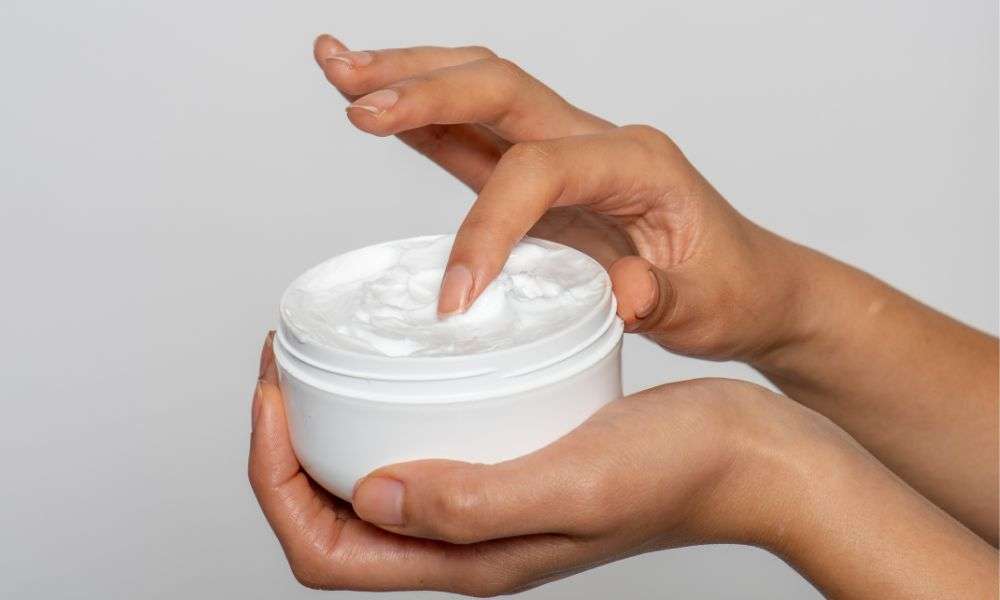The Art and Science of Skincare: A Deep Dive Into Beauty Regimens
Skincare, the practice of maintaining the skin's health and enhancing its appearance, has been a significant aspect of human culture for millennia. Ancient civilizations, from the Egyptians to the Romans, understood the importance of skincare and developed their unique regimens and remedies. Today, skincare has transcended cultural boundaries and has become a universal pursuit. It's not just about vanity; skincare is now recognized as an essential part of overall wellness. This article will explore the historical context, current trends, impact, and reception of skincare in beauty culture, offering unique insights into this fascinating field.

The Historical Roots of Skincare
The earliest recorded evidence of skincare dates back to ancient Egypt, where both men and women used a variety of natural substances, including honey, milk, and olive oil, to cleanse and nourish their skin. The Greeks and Romans also had their skincare routines, often involving baths, oils, and herbal preparations. Throughout the centuries, skincare practices evolved and diversified, often reflecting the values and resources of the time. For instance, the Victorian era, with its emphasis on purity and modesty, favored a pale, flawless complexion as a symbol of beauty and status. This brought about the use of lead-based cosmetics, which, while harmful, were popular due to their effective skin-whitening properties.
The Science of Modern Skincare
In the 20th century, the development of dermatology as a medical specialty marked a significant shift in skincare. Scientists began to understand the skin’s structure and functions better, leading to the creation of more effective products and treatments. Today, we have a plethora of skincare products, ranging from cleansers and moisturizers to serums and targeted treatments. These products often contain active ingredients such as retinoids, antioxidants, and peptides, scientifically proven to improve skin health and address various concerns like aging, acne, and hyperpigmentation.
The Rise of Personalized Skincare
The 21st century has seen the rise of personalized skincare, a trend reflecting the growing recognition that everyone’s skin is unique and requires individualized care. Advances in technology have made it possible to analyze the skin’s specific needs and create customized skincare routines. This approach is gaining popularity as it addresses the root causes of skin issues rather than offering a one-size-fits-all solution.
Skincare as Self-Care
In recent years, skincare has taken on a new significance as a form of self-care. Many people now view their skincare routines as a time to relax, unwind, and focus on their well-being. This shift in perception has contributed to the growth of the skincare industry, which is projected to reach $189.3 billion by 2025. It has also led to the emergence of new product categories, such as maskne treatments and stress-relief skincare, designed to cater to the unique challenges and needs of modern life.
The Future of Skincare
Looking ahead, the future of skincare is promising. With ongoing research and technological advancements, we can expect more personalized, effective, and sustainable solutions. At the same time, the growing awareness about wellness and self-care is likely to further elevate the importance of skincare in our daily lives.
In conclusion, skincare is not just about looking good; it’s an art and science that reflects our history, culture, and values. It’s a testament to our quest for health, beauty, and well-being. As we continue to learn more about the skin and how to care for it, we can look forward to more advancements and innovations in this fascinating field.




